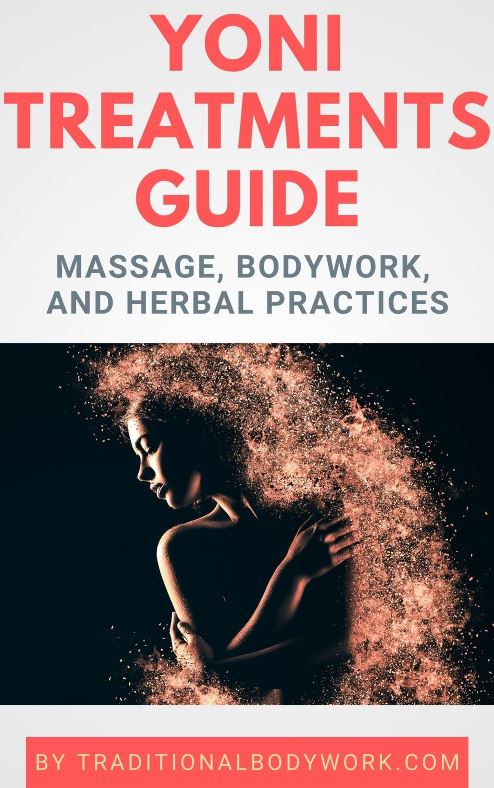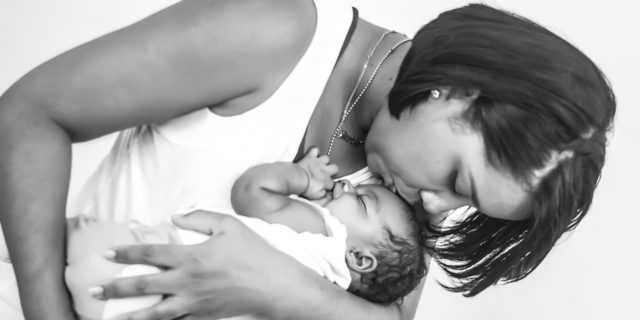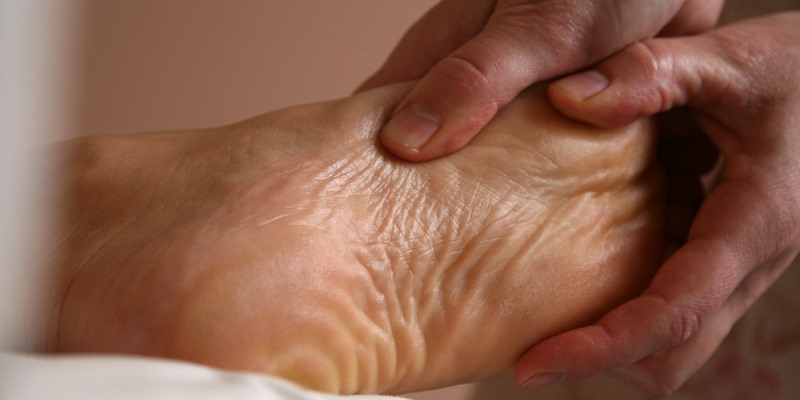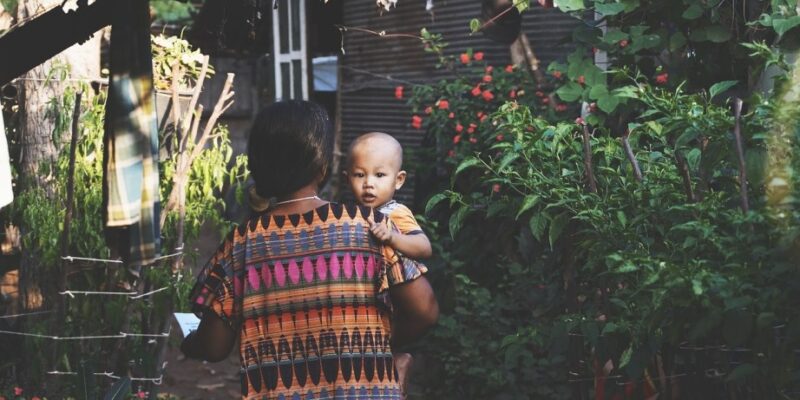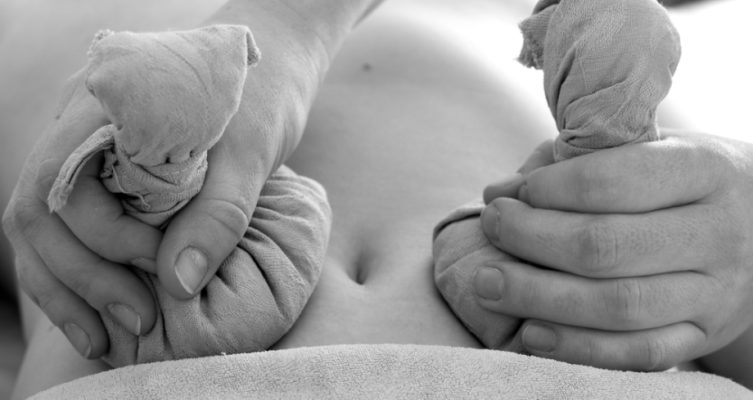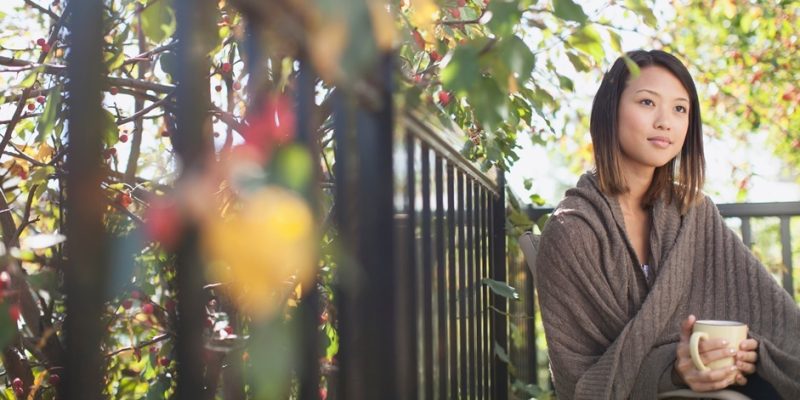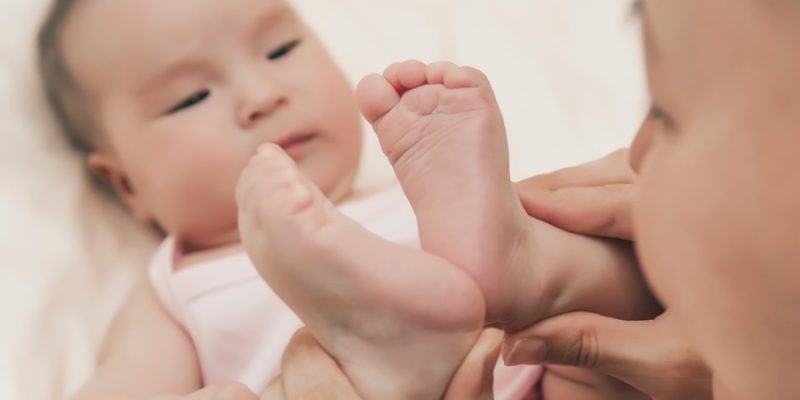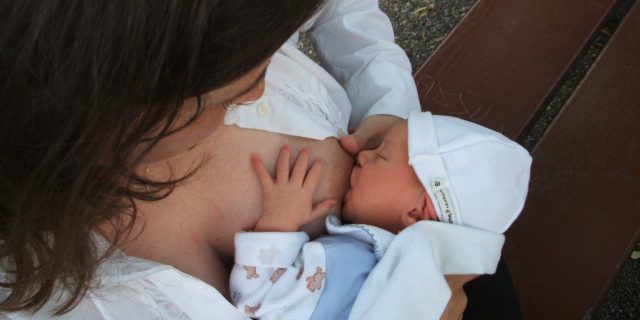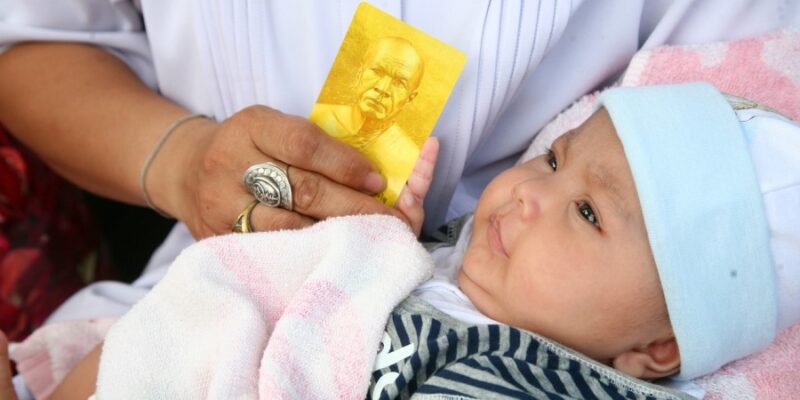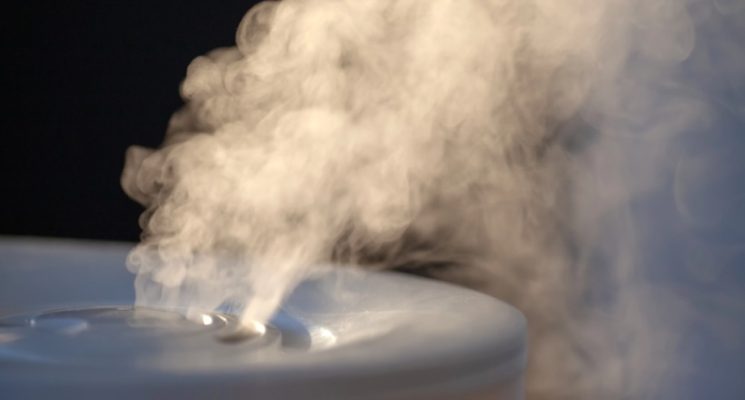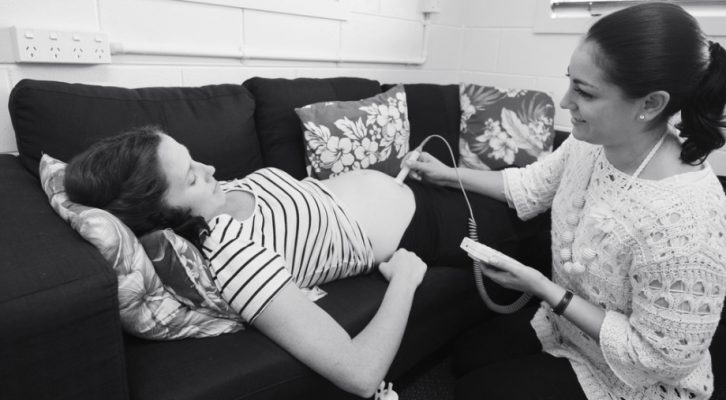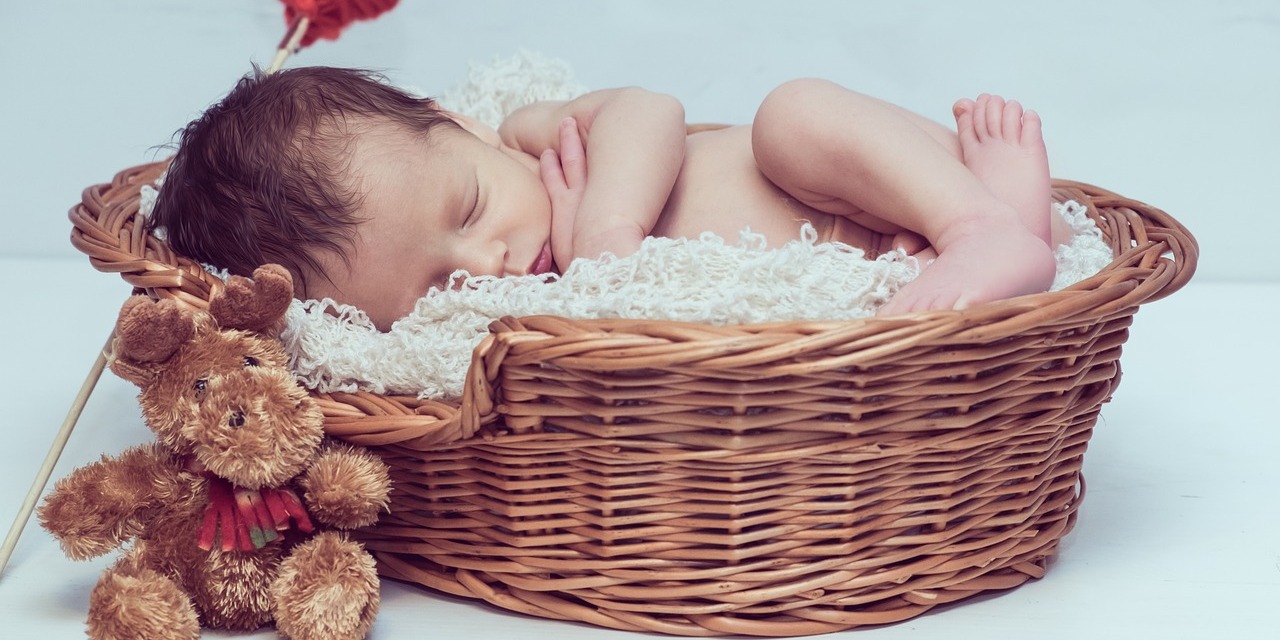
In Thailand, Buddhist rites and meditation, animism, but also beliefs in supernatural powers or powers of the universe and superstitions, play an important role in everyday life, in Thai Traditional Medicine as well as during the important “rites of passage,” such as those of pregnancy and childbirth.
Additionally, there are many specific rituals performed and beliefs respected by a plethora of minority cultures in Thailand, such as by the Muslim communities in the South and by various so-called Hill Tribe cultures in the North of Thailand (Karen, Lahu, and Hmong people, among others).
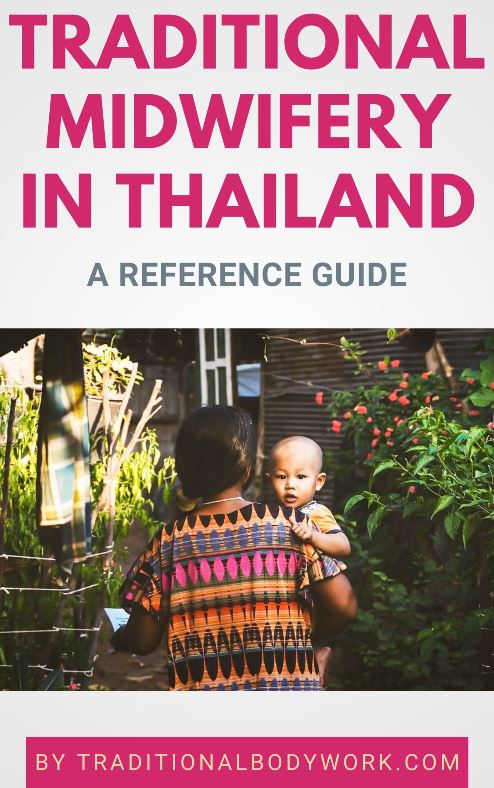
In general, Buddhist beliefs have a strong influence on future mothers’ (health) behavior. Thai women usually do Buddhist prayers and meditation to gain strength for both body and mind. The five commandments (or five precepts) of Buddhism play a significant role and for this, for instance, killing animals during pregnancy is seen as an utterly immoral act. It’s said that if a pregnant woman kills an animal, her baby will show bad behavior and have a bad mind.
The five Buddhist precepts are: refrain from killing, refrain from stealing, refrain from dishonesty, refrain from sexual misconduct, refrain from taking intoxicants. These rules are based upon beliefs in sin and retribution, karma, and collecting merits, and deemed of utmost importance during the pregnancy period.
Apart from Buddhist practices there are various other activities performed in both the prenatal and the postnatal period (Yu Duan and Yu Fai) based on cultural, spiritual and superstitious connotations. Specific behavioral patterns, actions, and/ or rituals may be found in dietary regimes, day-to-day life, hygiene, and in preparative, restorative or healing treatments, and so on.
Examples of Prenatal Beliefs
- According to the Thai (depending on the region in Thailand), conception happens when a Khwan (soul) flies into the uterus during a sexual encounter;
- Thai folklore has it that there’s a ghost known as Krasue who haunts pregnant women in their homes just before or after delivery. It’s said that this spirit reaches out to the uterus or baby and is the cause of many diseases during and after pregnancy;
- Pregnant women are basically prohibited from attending a funeral, but certain protections can ward off bad influences if they really need to go;
- Women should not make any preparations for the baby, like buying or making baby clothes, because this may result in the death of the fetus;
- Women could take blessed showers accompanied by a healer or monk; these are done outside the house in open air in the eighth or ninth month of pregnancy;
- A pregnant woman should not sit in stairways because it can cause an obstructed or difficult birth;
- A pregnant woman should not bury anything in the soil because doing so will give a difficult delivery.
Examples of Postpartum Beliefs
- Certain foods or ingredients are believed to contain supernatural powers being able to protect women and their child from evil spirits;
- Starting the Yu Fai “lying by fire” rite for the first time, a folk healer or senior family member will initiate the rite with chanting healing mantras;
- Folk healers will appease the deities of Fire to make sure that the Fire will not “become angry” and harm the woman;
- Certain herbs used in hot herbal baths are believed to protect against evil spirits;
- Rice, for instance, is an important food because it’s used to feed both human beings and spiritual beings and it’s used as an offering to appease both deities and (evil) spirits;
- To welcome and bless babies, healers perform the “entering the basket” and “exiting the basket” rituals;
- Women who start the Yu Fai practices sometimes hold a knife as it’s seen as a supernatural weapon against evil spirits. Moreover she will keep the knife under her pillow during the Yu Fai period;
- Women are considered “unclean” until the postpartum period has been completed and are sometimes prohibited from entering other people’s houses, or entering through the front door of their own home to avoid offending guardian deities or spirits;
- Some follow the rule that anything that had contact with childbirth blood must be washed in the house and buried in the dirt floor to avoid attracting the attention of spirits which could hurt the mother or her baby;
- On the third day after the baby is born it’s good practice to obtain a blessing for the baby from a monk;
- If an infant cries much and cannot sleep, it is thought that the baby’s guardian spirit, called Mae Sue, is teasing it.



